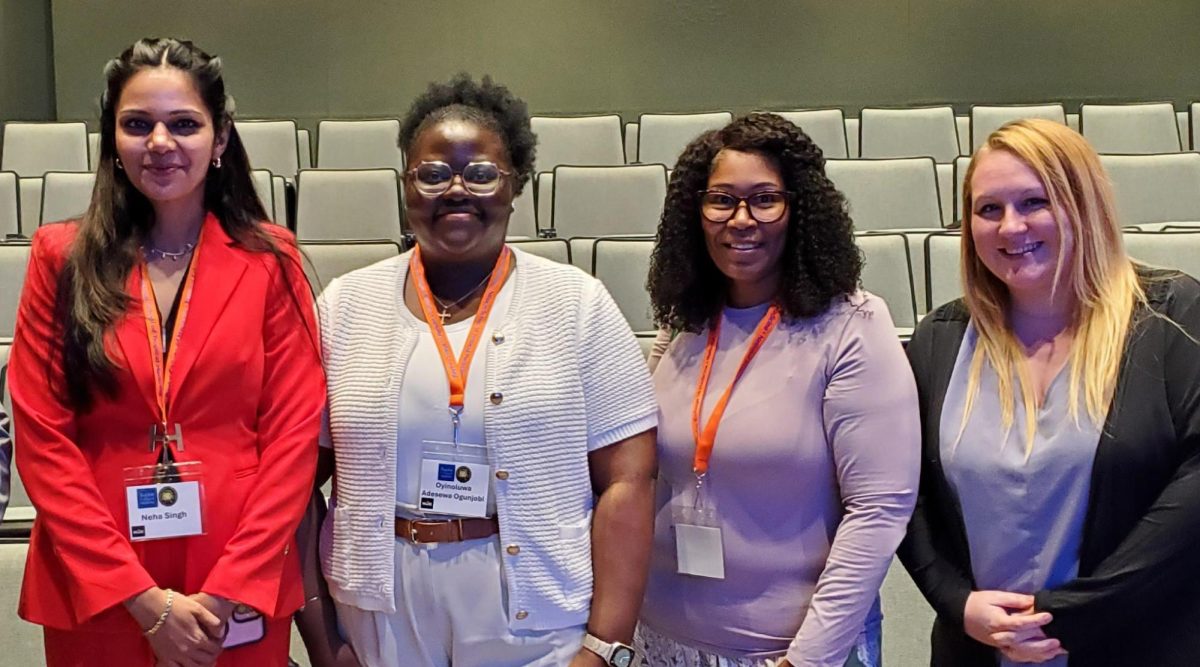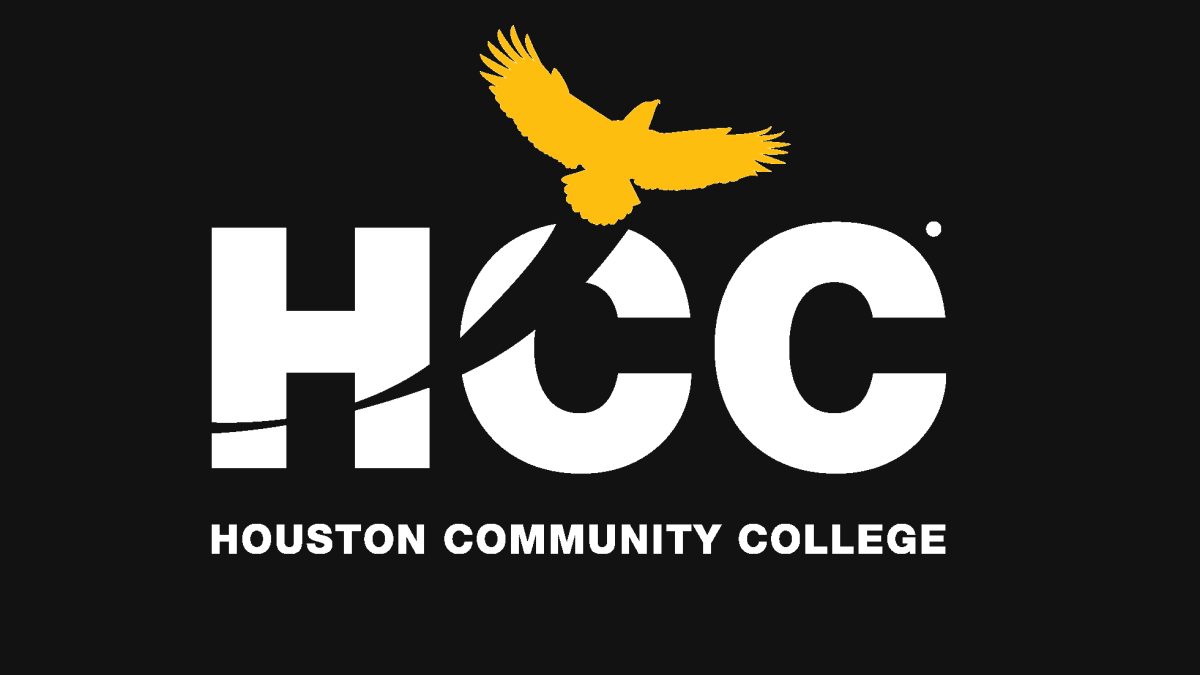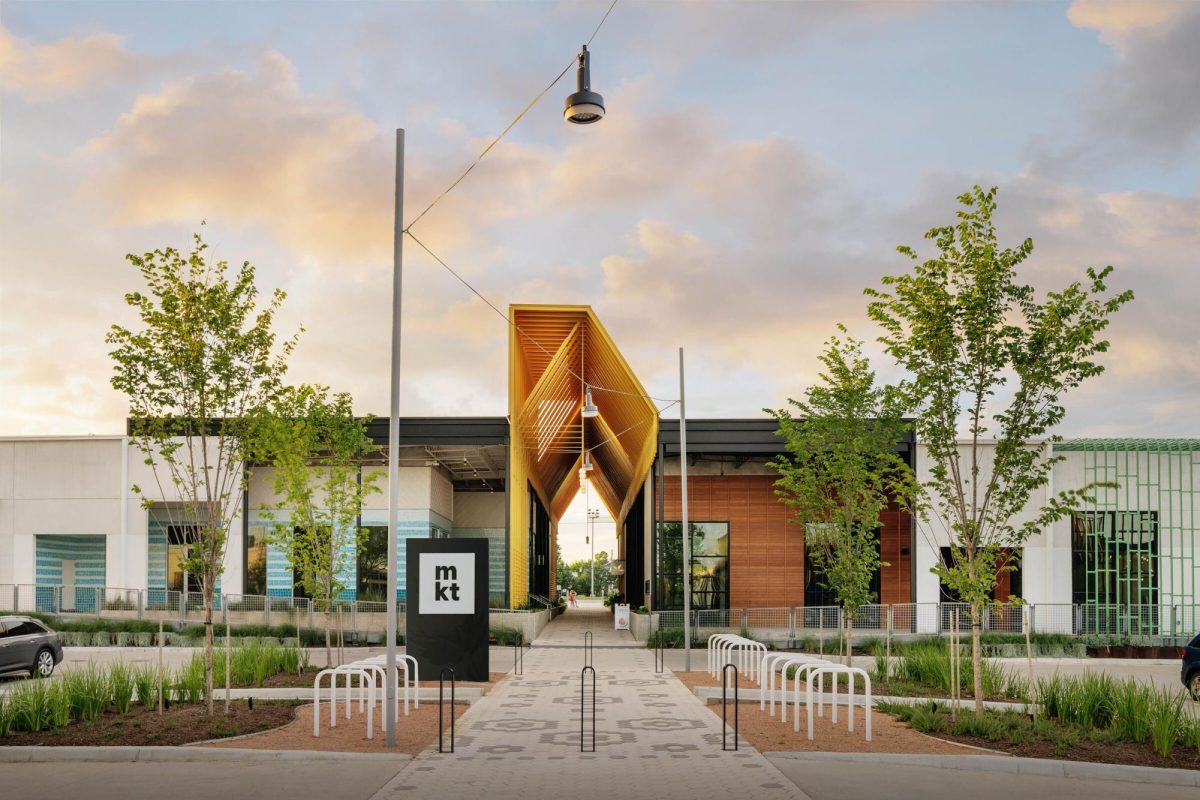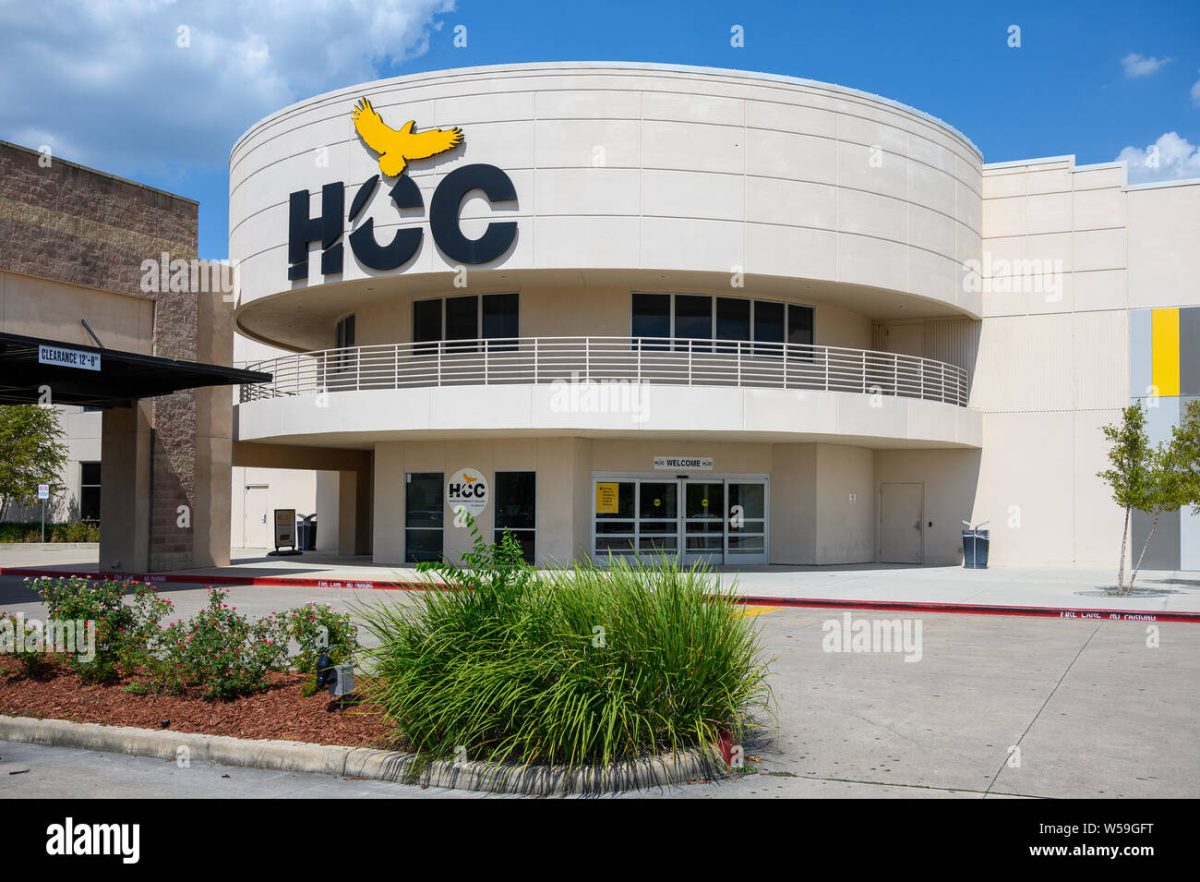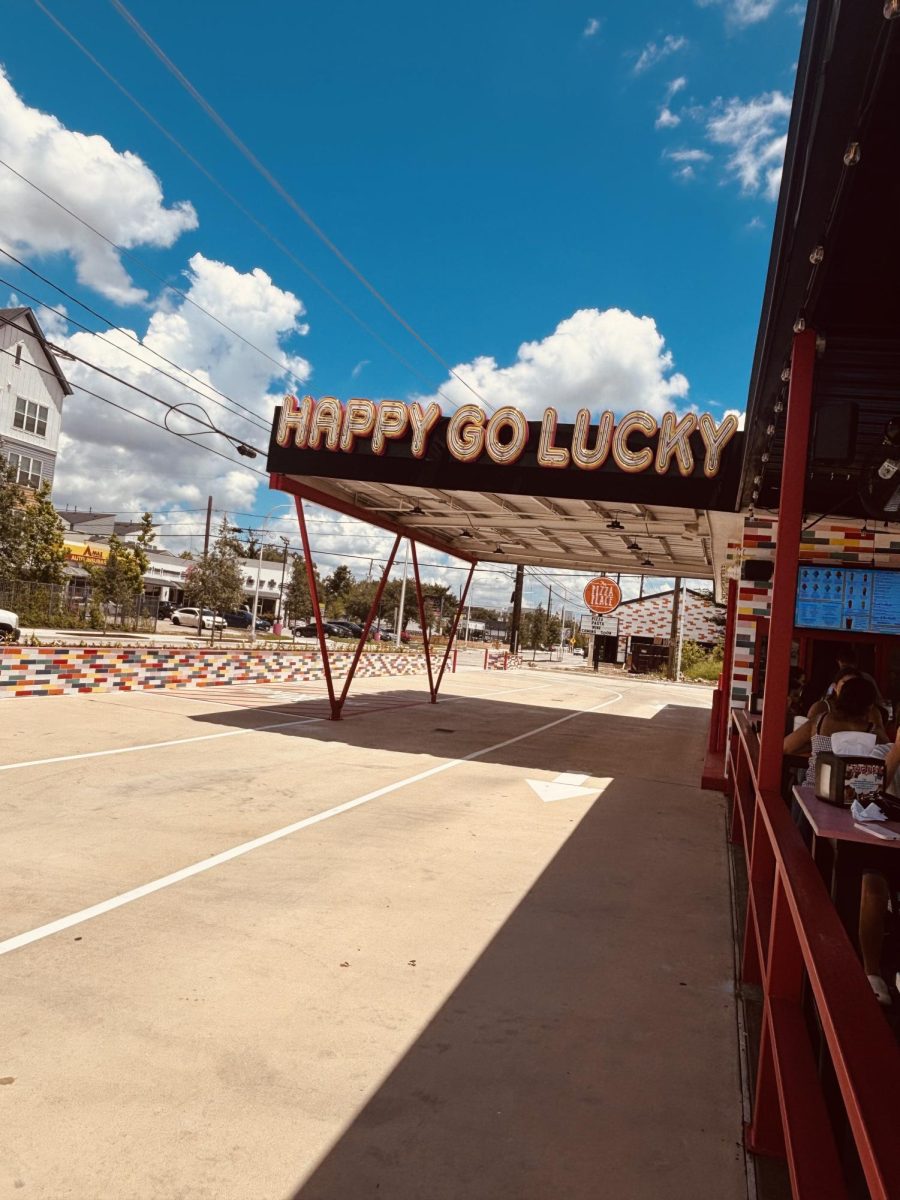Thanksgiving in Nigeria – Iri-Ji and Igue festivities
November 23, 2022
As Thanksgiving drew near, I have been asked what thanksgiving is like in Nigeria and how it is celebrated. Given the diversity in the United States, it is only natural for the curious-minded to want to know if other cultures celebrate thanksgiving and how they do it. My response is that unlike in the United States, there is no national date set aside for Thanksgiving in Nigeria. However, different cultures celebrate thanksgiving which is always associated with bountiful harvests after the farming season; similar to its origin in America where “There is no consensus as to when the first Thanksgiving celebration took place, but many feel that it was in 1621 or 1622, in Plymouth, Massachusetts. At the time, Plymouth colonists and Wampanoag Indians held a feast in honor of the autumn harvest” (Sliverman).
Two of the unique festivities associated with thanksgiving are in the eastern and mid-western parts of Nigeria known as the Iri-Ji (new yam) festival in Igboland and Igue in the Bini kingdom.
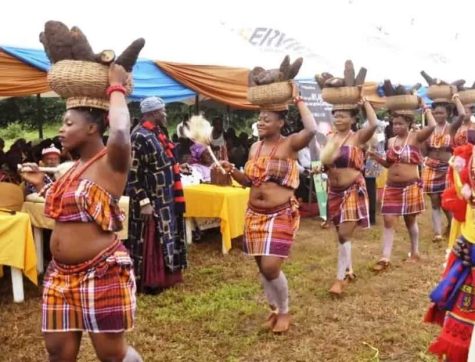
The Iri-Ji is an annual cultural festival symbolizing the conclusion of a harvest and the beginning of another planting season. This celebration typifies the Igbo communities as agrarian and dependent on yam, the king of crops. Today, the New Yam festival which takes place between August and September continue to bring Igbos from far and near to celebrate God’s goodness for the harvest in various spheres of human endeavor and to pray for more prosperity in the coming years. A variety of festivities mark the eating of the new yam, these include parade by maidens with the new yam, folk dances, masquerade displays and family reunions.
Similarly, the Igue festival is celebrated annually by every reigning Oba, (traditional ruler and custodian of the culture of the Edo people) and all Benin citizens at home and abroad to mark the end of the Bini year and to usher in a new one with renewed hope for peace and prosperity. According of history, ‘the Igue provides the Oba the occasion to wear his full traditional regalia and performs the royal dance’ (Edoworld).
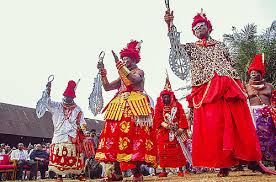
At this time, the palace chiefs’ also dress in their full ceremonial robes according to their ranks and publicly pledge their continued allegiance to the King with their scepters. Thereafter, the Oba pronounces blessing on the land and his people and prays for a more glorious new year. “Ewere’ leaves of good luck are presented to the King who blesses them, and the leaves are subsequently presented to each family head by chiefs. People look forward to this event as the festivities comprise communal celebration of feasting, dinning, masquerades displays and lots of dancing. The rich cultural festival is marked with pomp and pageantry.
Just as turkey symbolizes thanksgiving meal in the US, new yam is the symbols for the Igbos while the ‘Ewere’ leaves is representative of the Igue festivities in Benin. Thanksgiving in Nigeria is fun and memorable because it is a time for family reunions, and it is similar in cultural origin and essence to the thanksgiving in the United States.
Works cited
Igue And Ewere Festivals Last updated 09 Oct, 2018
https://www.edoworld.net/IGUE_AND_EWERE_FESTIVALS.html
Silverman, David J. Thanksgiving Day Holiday Last Updated 20 Nov, 2022






